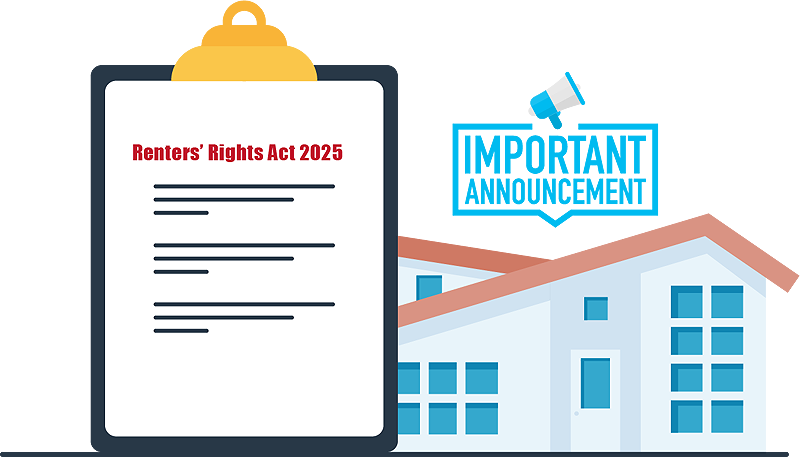As London enters the depths of winter, forecasts predict that the winter of 2024 will be colder than usual. To ensure you stay comfortable during the harsh cold, managing your boiler system to provide stable hot water and heating is essential. Unlike in Japan, where water heaters and heating systems are usually separate, most UK homes rely on boilers to supply both hot water and heating.
In this newsletter, we’ll take a closer look at the types of boilers commonly found in the UK. Understanding their features will help you choose and maintain the right system for your home, ensuring a safe and warm winter.
Common Boiler Systems in the UK
There are three main types of boiler systems widely used in the UK:
Combination Boilers (Combi Boilers)
System Boilers
Electric Tank Boilers
Here’s an overview of their features, advantages, and the types of homes they are best suited for.
1. Combination Boilers (Combi Boilers)
Overview:
Combination boilers, or “combi boilers,” are the most commonly used boiler systems in the UK. These systems heat water directly from the mains, without the need for a hot water or storage tank, providing hot water and heating on demand (similar to an instant water heater).
Features and Advantages:
Space-Saving: With no need for a hot water tank, combi boilers take up less space and are ideal for smaller homes. They are often installed in kitchens.
Instant Hot Water: Hot water is supplied immediately when needed, making it convenient for showers and sinks.
Energy Efficiency: Water is heated only when required, reducing energy consumption and lowering gas bills.
Disadvantages:
Limited Capacity: Water pressure may drop if multiple taps or showers are used simultaneously, making it less suitable for larger households.
Temperature Fluctuations: Water pressure and temperature may vary depending on usage.
Dual Dependency: Since combi boilers handle both heating and hot water, a malfunction can disrupt both systems.
Best for:
Small to medium-sized homes with fewer bathrooms and kitchens.
2. System Boilers
Overview:
System boilers use a hot water storage tank to supply hot water and heating to the home. Key components are integrated into the boiler, offering a more stable and efficient supply.
Features and Advantages:
Supports Simultaneous Usage: The hot water tank allows multiple taps or showers to be used simultaneously without a drop in water pressure, ideal for larger families or homes with multiple bathrooms.
Stable Temperature: Water is stored in the tank and maintained at a consistent temperature, ensuring a comfortable shower or bath experience.
Independent Systems: In case of a gas supply issue, heating can still be powered by electricity.
Disadvantages:
Requires Space: A storage tank is needed, so additional space must be allocated for installation.
Reheating Time: Once the stored hot water is used, there may be a delay (30 minutes to 1 hour) for the tank to refill and reheat.
Best for:
Medium to large homes with multiple bathrooms and kitchens.
3. Electric Tank Boilers
Overview:
Electric tank boilers heat water using electricity and include a storage tank. These systems are popular in areas without gas supply or as an eco-friendly alternative.
Features and Advantages:
No Gas Supply Needed: Ideal for homes without gas connections or in areas where gas supply is unavailable.
Safe and Environmentally Friendly: No risk of gas leaks or carbon monoxide poisoning, with lower CO2 emissions.
Low Maintenance: Easier to maintain than gas boilers, with fewer components prone to failure.
Disadvantages:
Higher Running Costs: Electricity is generally more expensive than gas, leading to higher operational costs.
Reheating Time: Similar to system boilers, once the stored hot water is used, it takes time to reheat, and electricity heats more slowly than gas.
High Energy Consumption: Requires significant power, which can be a concern if the home has limited electricity supply.
Best for:
Homes without gas supply, small residences, or as a secondary water heating solution.
Central Heating Systems
In the UK, heating systems are closely linked to boilers. The central heating system, which is commonly used, typically consists of three main components:
Boiler: Heats the water (e.g., combi boiler, system boiler).
Pipes: Transport hot water to different rooms.
Radiators: Installed in each room to distribute heat.
Hot water heated by the boiler circulates through pipes to radiators, warming each room effectively.
Importance of Boiler Management
As the cold intensifies, ensuring that your boiler system is well-maintained is crucial for a comfortable winter. Unlike Japan, where separate water heaters are standard, the UK’s integrated boiler systems require proper understanding and maintenance to suit your needs and home environment. Taking these steps will help you enjoy a warm and stress-free winter.





